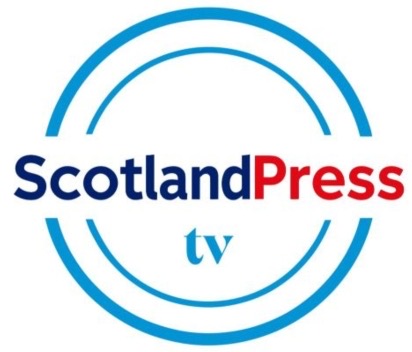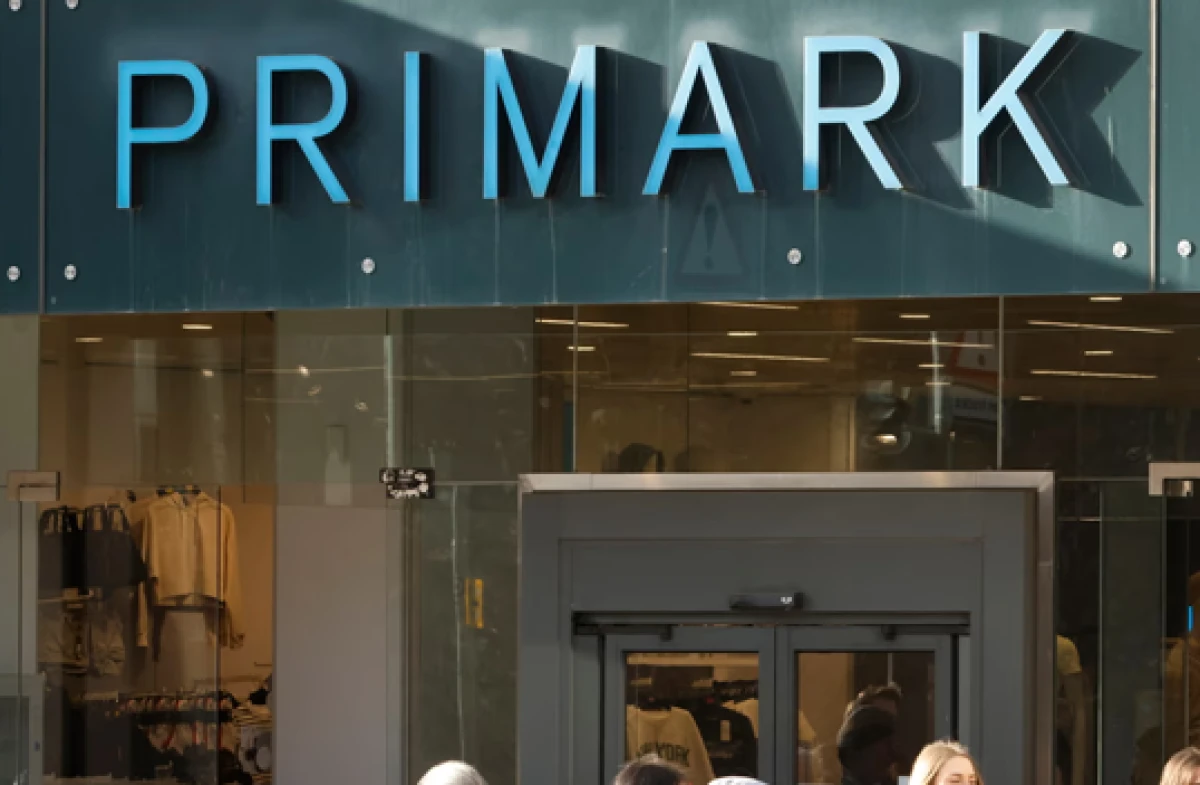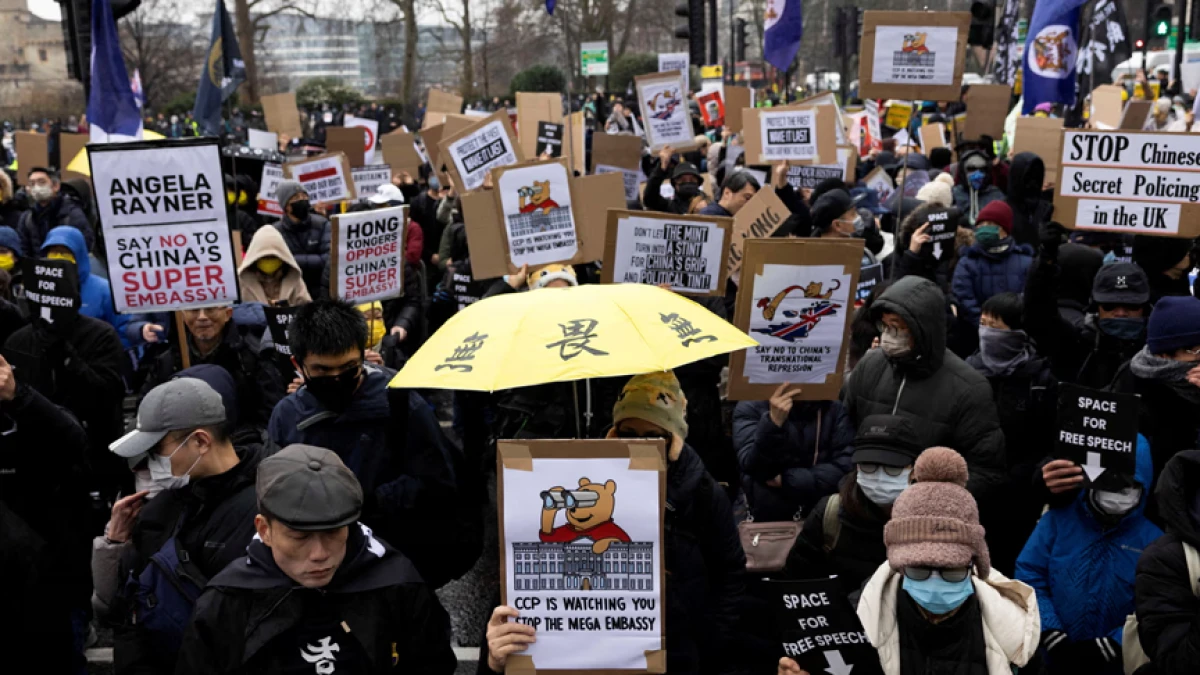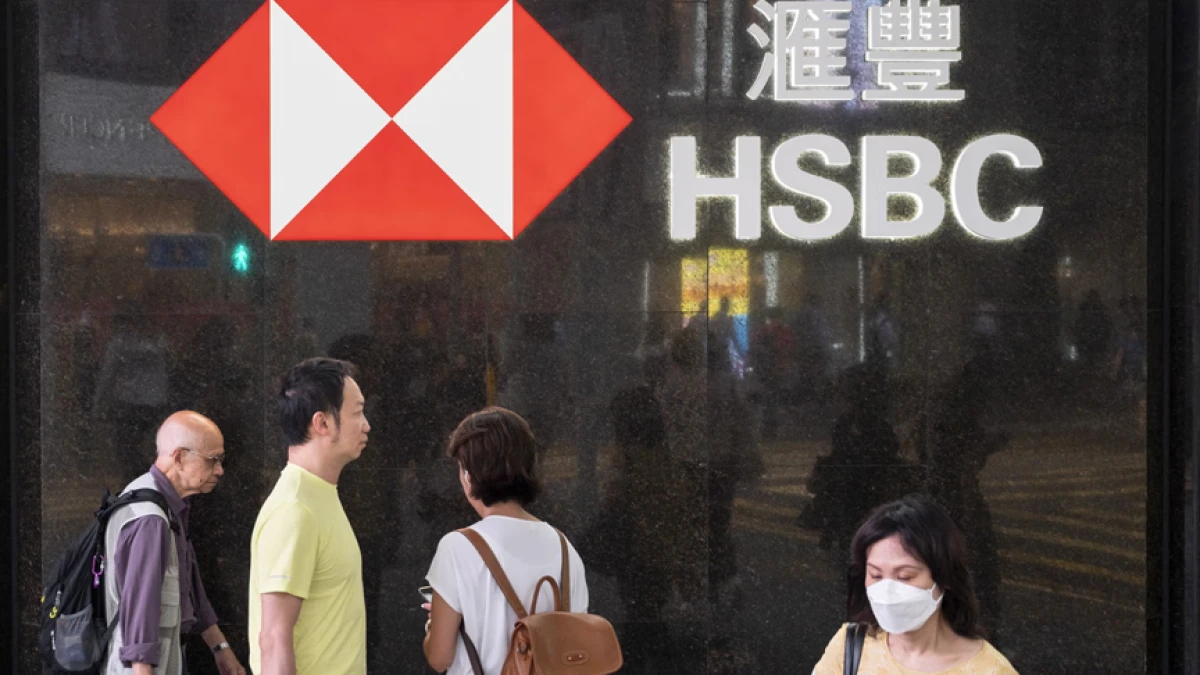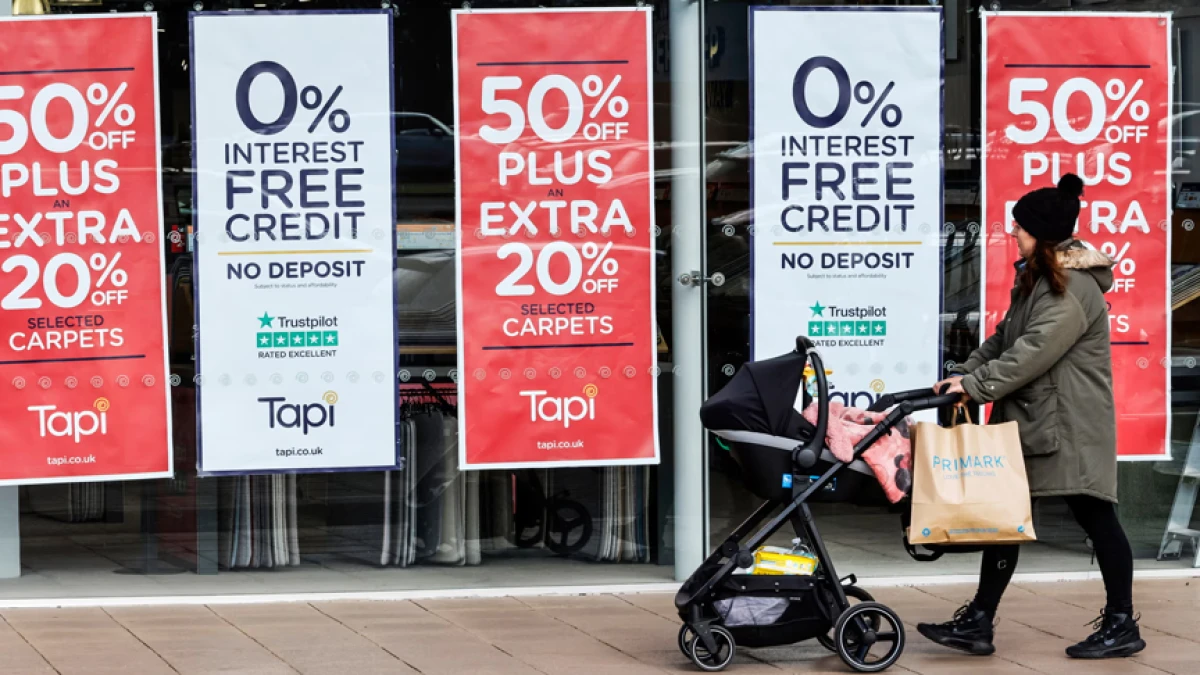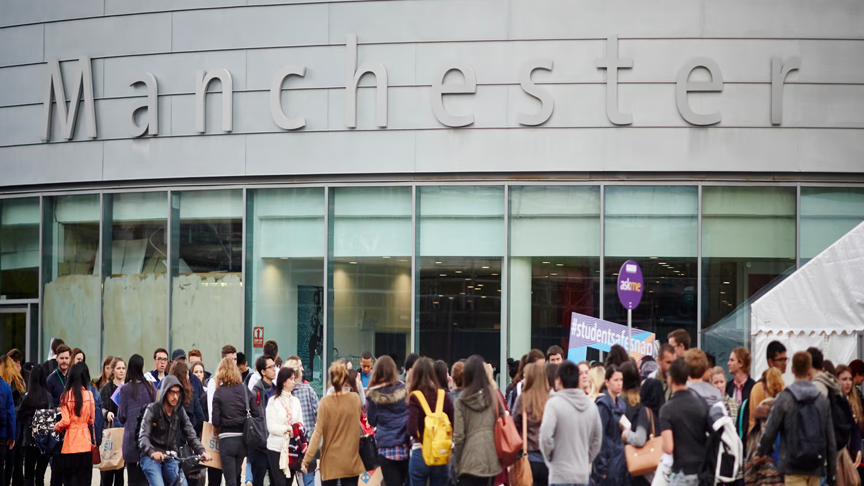Primark owner’s shares drop as sales fall amid Trump tariff fears
Primark owner’s shares drop as sales fall amid Trump tariff fears
Company says consumer confidence could deteriorate further as countries face risk of recession
Shares in the owner of Primark fell after the budget clothing chain posted a sharp drop in UK sales and lost market share, as the company warned that consumer confidence was likely to worsen further amid Donald Trump’s trade wars.
Associated British Foods (ABF), which also owns a sugar business and food brands such as Ryvita and Kingsmill, said several countries could slide into recession as a result of US trade policy.
“Sentiment is unlikely to improve as markets continue to face uncertainty and instability following recent tariff announcements by the US, retaliatory actions by China and the risk of further tariff trade wars,” ABF said. “Consumer confidence could deteriorate further as a number of countries, including the US, face the risk of recession that could increase individuals’ debt problems.”
The warning came as Primark posted a 6% decline in comparable sales in the UK and Ireland in the 24 weeks to 1 March, despite strong sales growth over the Christmas period. Its share price fell by more than 9%.
Last month, Primark’s longstanding boss Paul Marchant resigned after an allegation made by a woman about his behaviour towards her in a social situation. He admitted an “error of judgment”. On Tuesday, the company said the search for a permanent successor was under way.
The company said the overall UK clothing market was down, reflecting cautious consumer confidence and “a lack of seasonal purchasing catalyst in the autumn months due to mild weather”. Shopping within Primark’s customer base was especially weak and it lost some market share as a result.
However, the company said that there were some early signs of improvement in recent weeks in the UK.
Primark’s overall sales grew by 1%, aided by countries including the US, Spain, Portugal, France, Italy, and central and eastern Europe, where the budget retailer has been opening new stores.
ABF’s group revenues dipped by 2% to £9.5bn and adjusted profit before tax fell by 10% to £818m, as its sugar division struggled and made an operating loss after a sharp fall in prices.
George Weston, the ABF chief executive, said: “These results reflect a robust performance in four of our five divisions. I am frustrated with the results in our sugar business, but we are clear on what needs to be done by way of operational and regulatory solutions to improve financial performance.”
ABF threatened to close its UK bioethanol plant Vivergo unless the government steps in to change regulations. Vivergo has cut production because of continued lower prices for bioethanol, resulting in an operating loss over the past six months. The group said that the way in which regulations were applied to bioethanol were undermining the commercial viability of its business.
“We are having constructive discussions with the UK government to explore regulatory options to improve the position,” it said. “There is no guarantee that these discussions will be successful, and we will either mothball or close the Vivergo plant if necessary.”
Aarin Chiekrie, an equity analyst at Hargreaves Lansdown, said Primark’s revenue was “struggling to gain momentum” but recent good weather could improve footfall and sales. However, he added that the chain was “relying on overseas growth to prop up performance”.
He added: “The regulatory picture for its bioethanol plant, Vivergo, is making operations unviable too, and unless current discussions with the UK government are fruitful, ABF could be forced to close the plant, at least temporarily.”
Yorumunuz başarıyla alındı, inceleme ardından en kısa sürede yayına alınacaktır.
